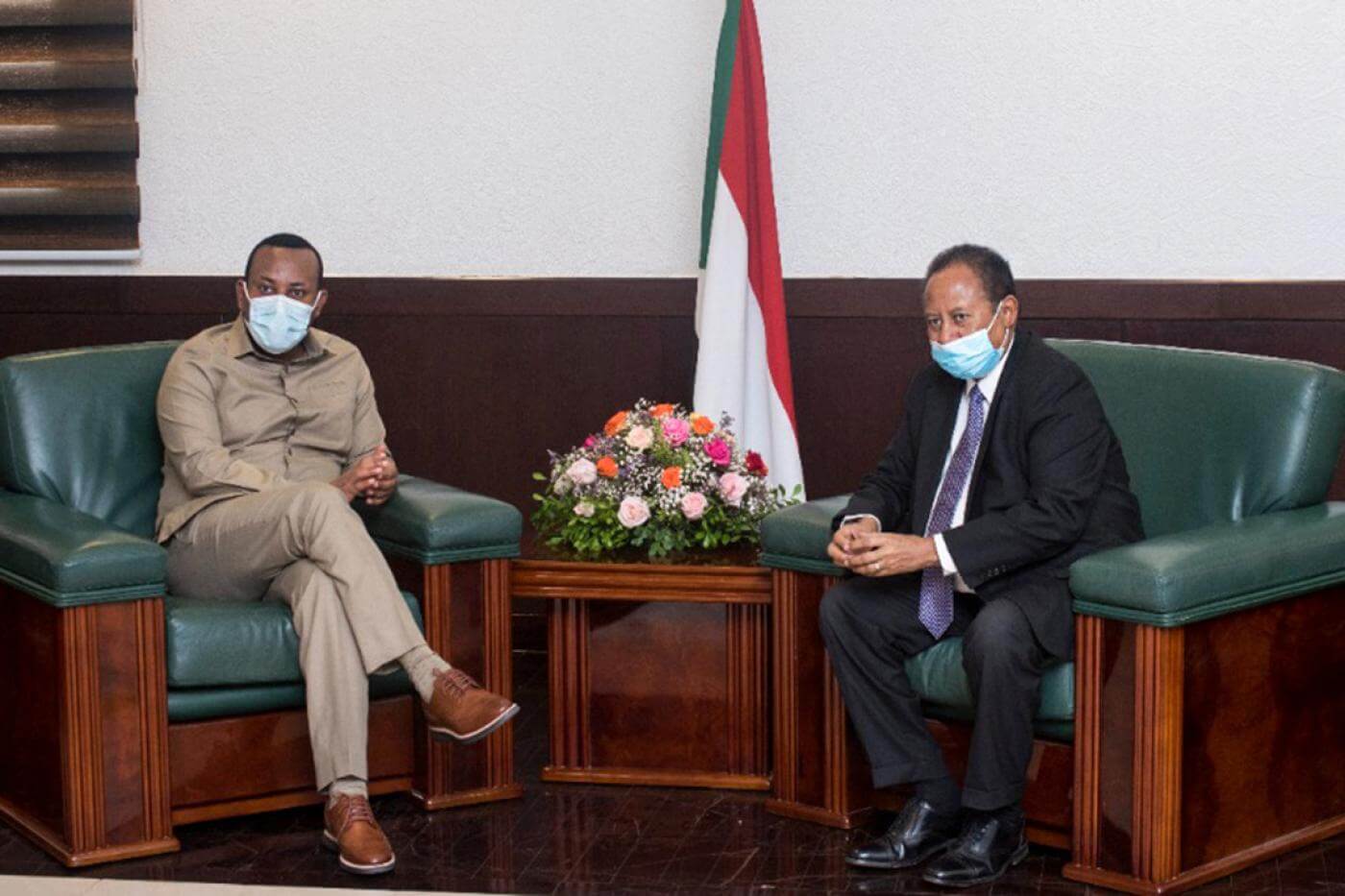A local official in the West Gondar Zone in the Amhara state of Ethiopia, which borders Sudan, issued a statement accusing Sudanese forces of invading into Ethiopian land and then burning and stealing crops and livestock, torching villages, and killing civilians.
Desalegn Tasew, the administrator of the West Gondar Zone, said that Sudanese troops had used an “unusually large number of mechanized troops. Tanks, [and] other heavy weapons” in order to drive Sudanese “expansionism”. He estimates that over $25.5 million worth of property has either been stolen or destroyed, and that 400 to 500 households have been displaced. Desalegn hinted at the possibility that these may be rogue troops that are not necessarily operating at the behest of the Sudanese government, and raised the possibility of there being “conspirators within the Sudanese army” who aim to “cause destruction every day”.
His accusations were echoed by Ethiopian Foreign Minister Ato Demeke Mekonnen, who said, “Agricultural products of Ethiopian farmers are looted, their camps are vandalized, and they are also hampered from harvesting their own farms. A number of civilians have been murdered and wounded.”
Sudan and Ethiopia share a 1,600-kilometre border that was decided upon through multiple treaties between Ethiopia and former colonial powers Great Britain and Italy in 10902. However, demarcations of this border remain a hotly contested topic between the two countries.
For example, the al-Faqsha region, which is about 600km large, boasts a “rich, fertile land conducive for agriculture”. However, Ethiopian farmers have for years planted crops in the area. Although there was an uneasy but tacit acceptance of this under former Sudanese President Omar al-Bashir, the transitional Abdalla Hamdok administration has taken a much stronger stance and pushed for Ethiopian farmers to cease their activities on Sudanese land.
In fact, in March, Sudan deployed troops to the al-Faqsha region for the first time in 25 years. Likewise, in June, the Sudanese government issued a warning and summoned Ethiopia’s chargé d'affaires over the alleged incursion of Ethiopian troops into the Gedaref State, which is divided into three key regions: Grand Faqsha, Little Faqsha, and the southern region. Furthermore, earlier this month, Sudanese soldiers were reportedly ambushed and killed by Ethiopian troops along the border.
However, last week, Sudanese Prime Minister Abdalla Hamdok and his Ethiopian counterpart Abiy Ahmed met on the sidelines of the Intergovernmental Authority on Development (IGAD) summit in Djibouti. In addition, a high-level Ethiopian delegation travelled to Khartoum a few days later to discuss the same issue. This followed a meeting between Abiy and Hamdok in August, and talks between officials of the two countries in May.
Although the dispute remains unresolved, Sudan’s information Faisal Salih, told Reuters last week: “We believe in dialogue to solve any problem. But our army will do its duty to take back all our land. Currently our army has taken back between 60% and 70% of Sudanese land.”
This point was reiterated by the Sudanese army’s deputy chief of staff, Lieutenant General Khaled Abdin al-Shami, who told Anadolu Agency: “We can take back what is left of our land. We reached the borders [with Ethiopia]. The land that we lost 20 years ago is under complete control, and we can take the others in other ways.” He added, “The other side [Ethiopia] knows where the international borders are. We have not gone beyond those borders, nor will we go beyond them, and we do not call for war with neighboring countries.”
Much of the Sudanese troops’ conflict is with Ethiopian militias, and Khartoum accuses Addis Ababa of sponsoring or supporting these groups. Ethiopia, for its part, denies these accusations and alleges that Sudan has used the real threat of militias as a guise to encroach upon Ethiopian territory.
Despite these tensions, however, Sudan has taken in over 50,000 refugees from Ethiopia’s Tigray region following the ongoing conflict between PM Abiy Ahmed’s administration and Tigray People's Liberation Front (TPLF) and other Tigrayan forces. However, the border dispute has played a part in stalling the Nile Dam negotiations on the Grand Ethiopian Renaissance Dam (GERD), a $4 billion joint project between Ethiopia, Egypt, and Sudan.
Ethiopia Alleges Sudanese Troops are Looting Farmers, Torching Land, Killing Civilians
An administrator of the West Gondar Zone said that Sudanese troops are using an “unusually large number of mechanized troops. Tanks, [and] other heavy weapons” to drive Sudanese “expansionism”.
December 30, 2020

IMAGE SOURCE: AFPEthiopian Prime Minister Abiy Ahmed (left) and his Sudanese counterpart Abdalla Hamdok during their meeting in August
